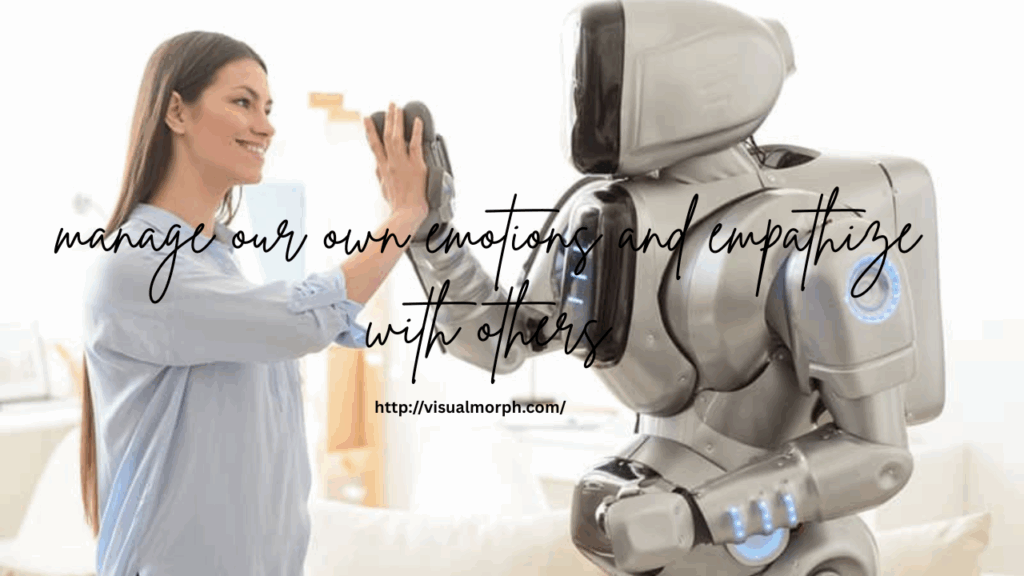
Artificial Intelligence is no longer just a futuristic concept—it’s a present-day reality woven into the fabric of our daily lives. From smart assistants like Siri and Alexa to AI-driven chatbots and dating algorithms, technology is increasingly stepping into roles that once required uniquely human qualities. One of the most pressing questions emerging from this shift is: Is AI replacing emotional intelligence in our relationships?
Emotional intelligence (EI)—the ability to recognize, understand, and manage our own emotions and empathize with others—has always been at the heart of healthy, meaningful relationships. It’s what helps us navigate conflict, build trust, and form deeper connections. But as AI tools become more sophisticated, simulating empathy and conversation with uncanny accuracy, we must consider whether these technologies are enhancing or eroding our ability to connect on a human level.
On the surface, AI appears to be filling emotional gaps. Many apps now offer AI-powered relationship advice, virtual companionship, and even simulated therapy sessions. Chatbots can respond with empathy, detect sentiment in messages, and tailor their responses to soothe or support the user. For those feeling isolated or struggling with communication, this can feel like a lifeline—AI that listens without judgment and offers support at any hour.
However, the emotional engagement offered by AI is fundamentally artificial. While AI can mimic empathy, it does not truly understand or feel emotion. Its responses are based on patterns, data, and programmed algorithms—not lived experiences or genuine emotional connection. Relying too heavily on these systems may lead to a distorted view of what emotional support truly entails. When people begin to turn to AI for comfort more than they do to real friends, partners, or therapists, the development and exercise of authentic emotional intelligence can stagnate.
Another concern is that AI may be creating unrealistic expectations in human relationships. Interacting with a perfectly responsive, always-available virtual entity can make real-life interactions feel frustrating or inadequate. Humans are imperfect—we miscommunicate, need time to process emotions, and aren’t always available on demand. If people become accustomed to the seamless responses of AI, they may struggle with the messiness and vulnerability required in real-world relationships.
There’s also the issue of emotional outsourcing. When AI handles everything from remembering anniversaries to crafting heartfelt messages, individuals might lose touch with the emotional labor necessary to maintain strong relationships. These small but meaningful efforts—checking in, resolving conflicts, expressing appreciation—require presence, empathy, and intentionality. If AI assumes these roles, we risk weakening the emotional muscles we need to build and sustain love.
That said, AI doesn’t have to be a threat to emotional intelligence. It can serve as a supportive tool—reminding us to check in on loved ones, helping us reflect on our feelings, or offering insights into relationship patterns. The key is to use AI to complement, not replace, our emotional capabilities.
Ultimately, emotional intelligence cannot be downloaded or automated. It’s a skill we cultivate through lived experiences, vulnerability, and human connection. In an increasingly AI-driven world, preserving our capacity for empathy, presence, and authentic interaction is more important than ever. Relationships thrive on heart, not code. Let’s make sure we don’t trade one for the other.